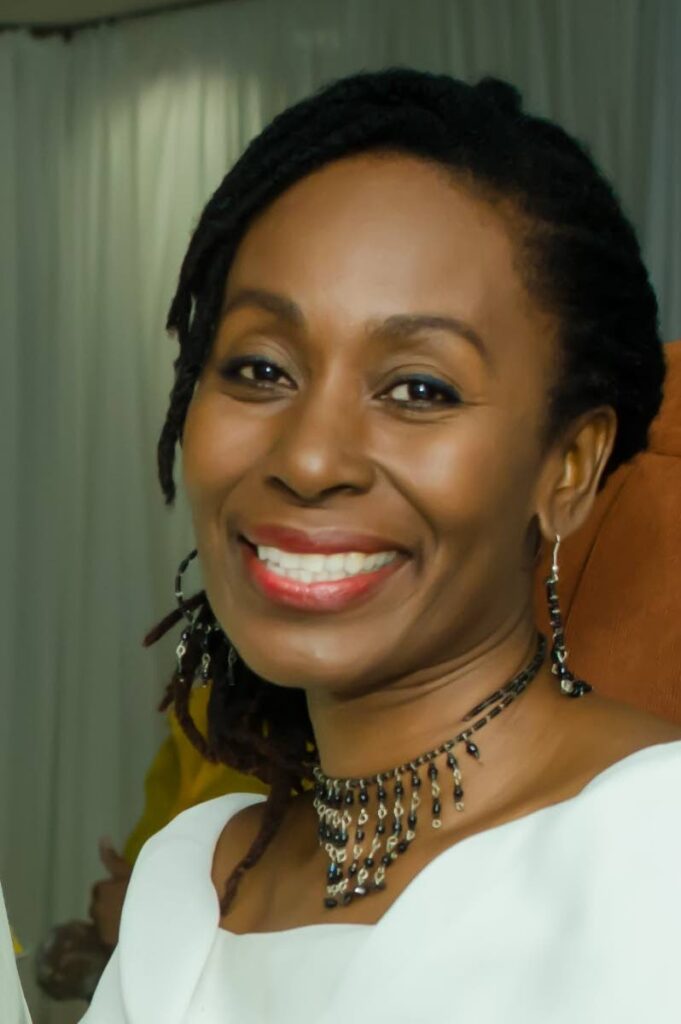History guides our future, 100%

Culture Matters
Cast in Stone and Blood
DARA E HEALY
“We invented the whole classroom structure back in the industrial revolution; time has moved on, and we are still using the same model to educate our children. Because we are living in a digital age and the concept of sitting in a classroom singing songs and reciting things is passé, we need to move on, and if we are not able to change that, we will be in the same place asking the same questions 20 to 30 years from now.”
– John Angus Martin, historian, Grenada
WHEN THE Spaniards saw ancient Mayan peoples playing a game where they tossed a relatively heavy ball with their hips, they decided that the Maya were engaged in a demonic practice and banned the indigenous sport. In Africa, missionaries convinced people across the continent that their traditional beliefs were barbaric and converted them to Christianity. This system of conversion was employed by the Spanish against the indigenous peoples and by other dominant powers during enslavement and indentureship here in TT.
Today, as the Netflix movie Bigger than Africa revealed, increasing numbers of people in the African diaspora are reconnecting with the traditions of their ancestors, in particular the Yoruba-based Ifa/Orisa belief system. Descendants of the Maya are reclaiming their ancestral game after centuries of obscurity. “It feels like we leave our bodies and the ones who are going to play are our ancestors.”
What does all of this have to do with the many young people who are consistently failed by our education system? Well, everything. If, as the data shows, fewer young people are interested in history, then how should educators respond? A CXC blog made the crucial point that we need to break our practice of “tinkering with the system,” that is, attempting to fix pieces here and there.
Prior to the pandemic, Caribbean educational systems were already in trouble. The challenges of online learning, distressed family environments and declining quality of life demand a new approach. The recent SEA results are another signal that we need to establish a way of teaching about ourselves that is enjoyable and relevant to 21st century needs.
Further, the teaching and understanding of history is an essential part of the process of affirming our humanity.
After the Haitian revolution against the brutality of enslavement, Haitians reclaimed the name that was given to their country by the Taino peoples before the arrival of Europeans. They replaced the French colonial name Saint-Domingue with Ayti, Land of Mountains.
One of the first nations in our region to break from colonial methods of teaching was Cuba, after the revolution led by Fidel Castro. Researchers note that the “socialist revolution allowed radically new education models to be developed. Cuba abolished private schools and put in new programmes at all levels, from the mass literacy campaign of 1961, to the reorganisation of the universities in the 1970s.”
Education was central to the Maurice Bishop-led revolution in Grenada which envisaged schools as directly linked to culture and history. Thus, they placed emphasis on national heroes, local cultural forms and the relevance of the past to future aspirations.
In TT, there was a time when we were proud of our literacy. With hindsight and the passage of time, perhaps we celebrated too soon. It is now acknowledged that there were gaps in how we measured the ability of people to read, write or think critically. The percentages of low achievement that we see today are more painful reminders that we continue to ignore the warnings on education from visionaries like Sparrow, Chalkdust and Singing Sandra to the detriment of our nation.
The colonial statues, monuments and street names that dominate our capital city and are found around our country are part of the reason for our decline in literacy, sense of self and patriotism. Monuments “…do not express symbols of the past but the oppression that we are facing today,” reminds Angela Kinlaw of the New Orleans Peoples Assembly. Sadly, in TT there is little real debate about monuments, largely because of the ongoing stance of neutrality and absence of dialogue by public officials on this issue, indigenous rights, reparations and so on.
Still, we will now spend millions to treat with the percentage of young people who were unsuccessful in the SEA exam; more tinkering. As the Maya descendants play their ancient game, they say that a portal opens, not into another world, but into their own. A powerful lesson indeed about self-determination and healing ancestral pain through history.
Dara E Healy is a performance artist, communications specialist and founder of the NGO, the Indigenous Creative Arts Network – ICAN


Comments
"History guides our future, 100%"